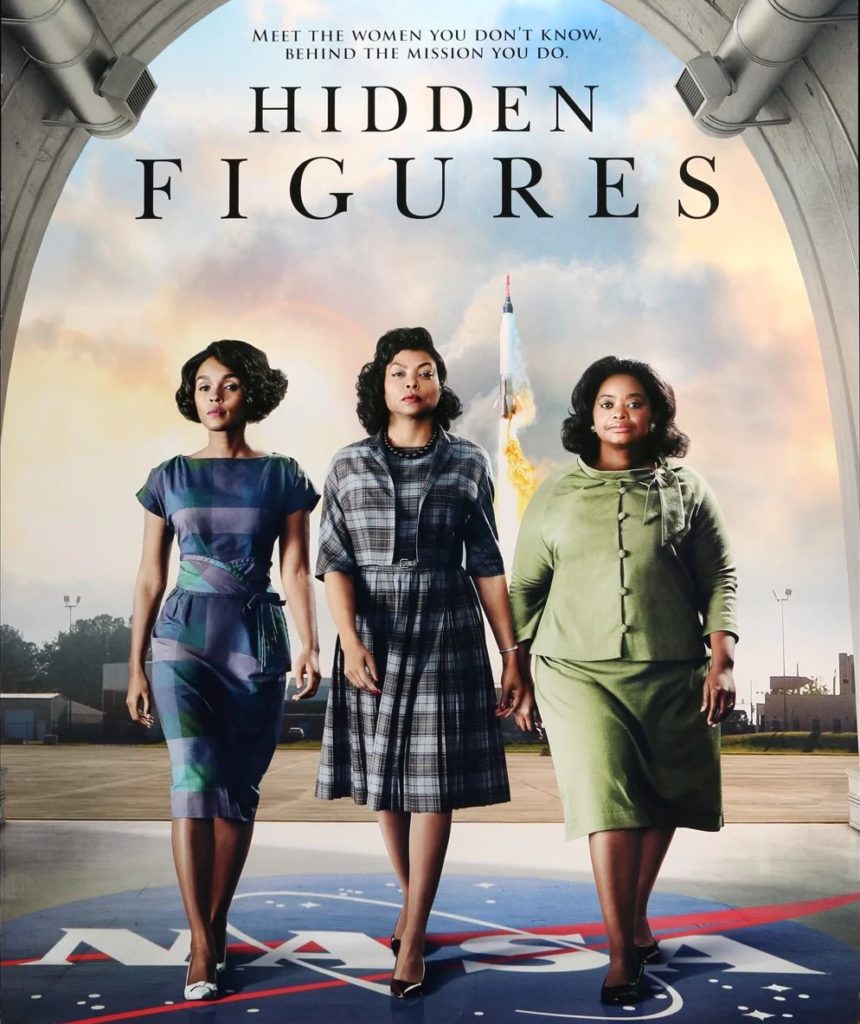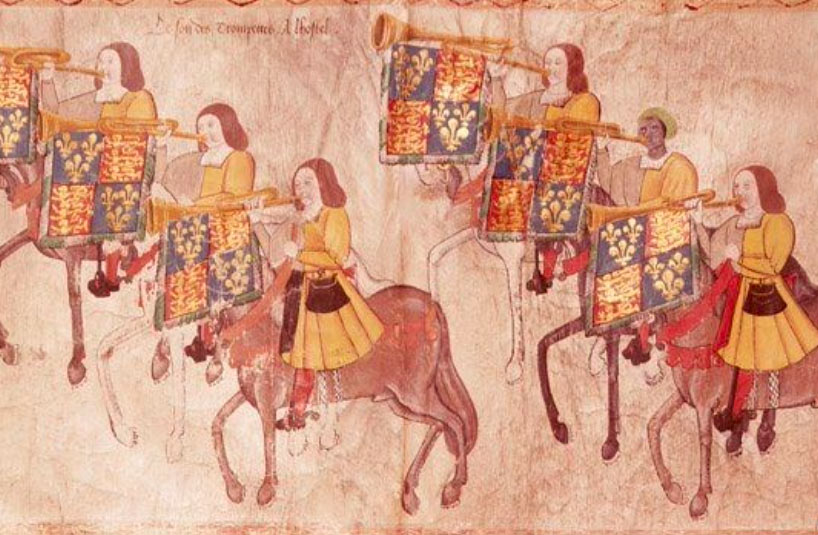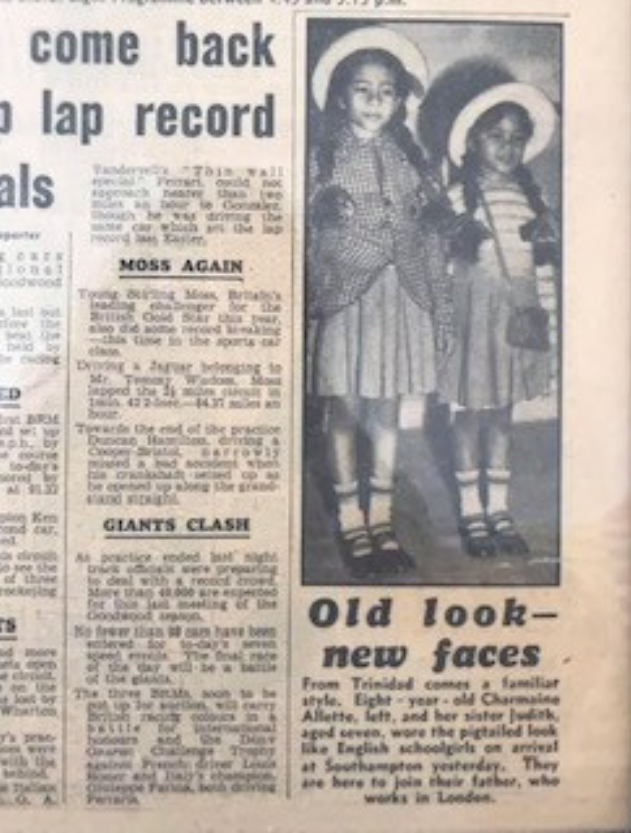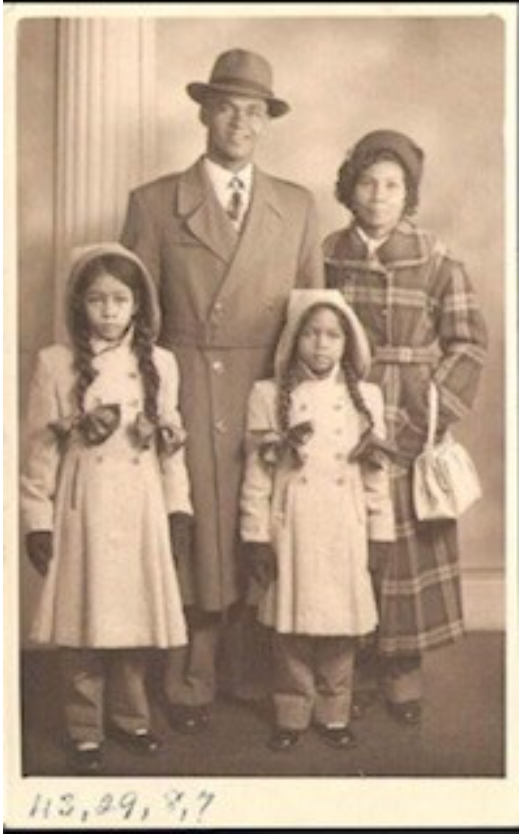Living in a multicultural society is what enables us to grow and excel as people. The different experiences, attitudes, characters, cultures, foods, fashions, languages, architectures, plants, animals—the list goes on.
It is all a melting pot that blends us together as people, if we allow.
There was once a wise man who said, “ You can trust people to be people”. However there is much more to us than biases and negative mentalities, much of which is learned.
We hope that we have enlightened you this month; perhaps you have learned a thing or two about the history of black people, who we are and where we came from.
It has been a pleasure sharing part of our history with you.
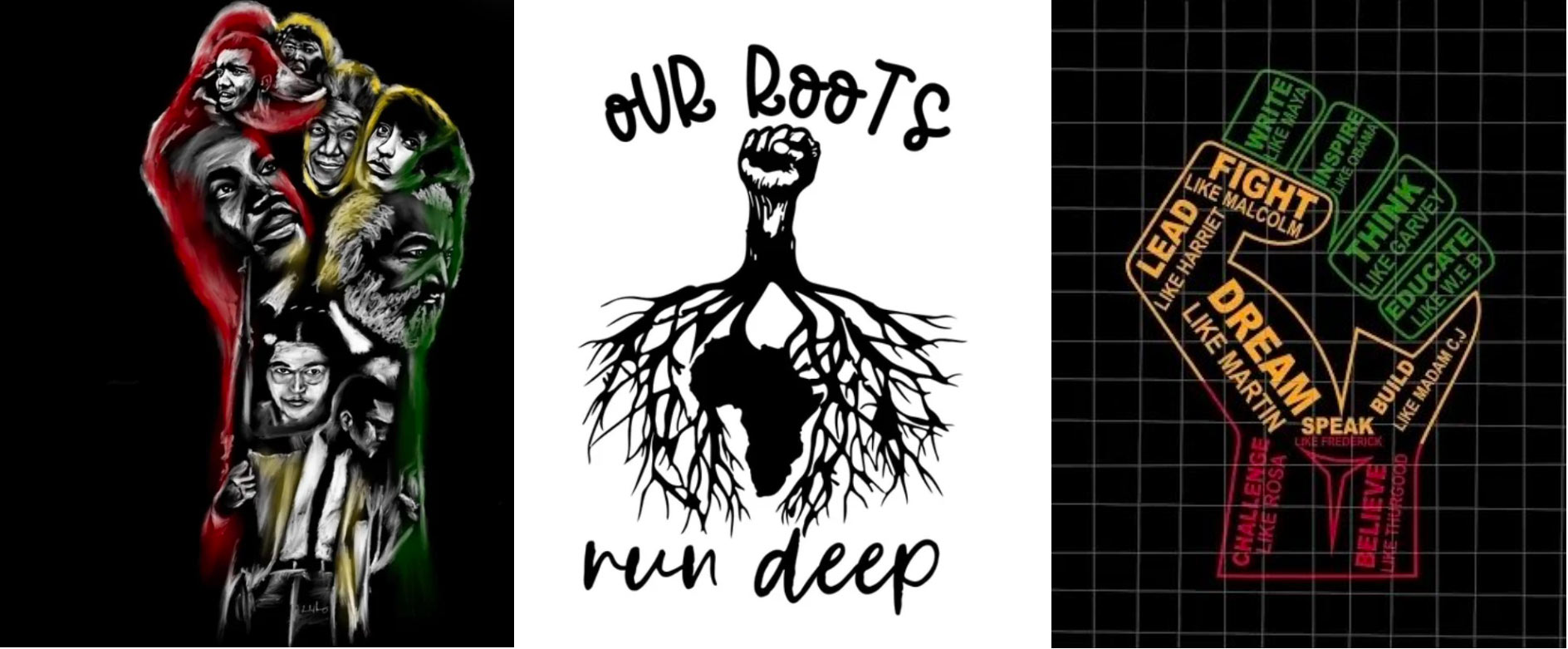
A Few Interesting Facts
The reign of Elizabeth I saw the beginning of Britain’s first black community.
There had been black people in Britain in Roman times, and they are found as musicians in the early Tudor period in England and Scotland. But the real change came in Elizabeth I’s reign, when, through the records, we can pick up ordinary, working, black people, especially in London.
Shakespeare himself, a man fascinated by “the other”, wrote several black parts – indeed, two of his greatest characters are black – and the fact that he put them into mainstream entertainment reflects the fact that they were a significant element in the population of London.
– bbc.co.uk
Queen Philippa of Hainault was born in 1310 of Black Moorish ancestry and was the first black Queen of England. Queen Charlotte, born in 1744 and the wife of King George III, was the second black Queen of England.
– aaregistry.org
Guion Bluford made history on 30th August 1983 when he became the first Afro-American in space.
Hidden Figures—this movie is the true story of 3 Afro-American women whose journey began working at NASA as part of the West Computers, a segregated group hired to process aeronautical data in the Space Race era.
Tenants’ Corner
Hear from some of our tenants about their stories
Charmaine:
“My father arrived in the UK in early 1949. He lived in Manchester near the ship canal. He later moved to Notting Hill. My father worked at Mount Pleasant Post Office. He worked very hard to send for his family from Trinidad; me, my sister Judith and my mother Helen. We arrived at Southampton on 27th September 1952. We moved to Highgate, staying with friends whilst my parents worked very hard to buy a home for the family at Highbury Corner. I attended Highbury Girls’ grammar school. My sister attended a school in Shacklewell Lane, Dalston. When I left school I went on to work as a secretary. I lived most of my life in London. I have travelled widely, especially to India. I finally ended up full circle in Highgate!”
Kate
“I was born in Takoradi in Ghana, where the train stops. I came to England in 1965. I lived in London since my arrival, living with my relatives. I met Joe who was a policeman for a year before resigning. He later joined the Navy for over ten years. I worked near the Old Bailey before becoming a nurse. I think Black History Month is a good thing because it educates people about us.”
Junior
My name is Junior, I’m from a place in Jamaica called Clarendon. It has many mineral springs where people go to socialise and bathe as the springs are said to be good for aches and pains. I come from a large, close-knit family. I used to work as an engineer before my illness. I enjoy watching action movies and meeting people. I think Black History Month is a good thing as it educates people about us.”
Carmen
“Black History Month should be every month. It educates people about us and should be taught in schools so that children know who they are and where they come from. It’s good because it teaches the rest of the world about our capabilities and stops them thinking negatively.”
Annie / Chimese (Annie’s sister):
“Black History Month is a good thing. It reminds us of where we come from, our history and traditions. I think many of our people are embarrassed because of what others have made it out to be—i.e. limiting us and our abilities, teaching us that we can’t advance, which is not true. We have to rise above the misconceptions and educate ourselves and others as to who we really are. Black history should be a celebration not a limitation.”
Christine:
“For Black People
Where is black history month?
What is black history month?
Where is the building for black people? Where is the building?
Where is it?”
On behalf of Esther:
“Esther was born in 1925 in the Caribbean island of Dominica, where she grew up with her siblings, mother and father in a village called Pointe Michel. She first left Dominica to live and work on the island of Curacao in the Netherlands Antilles. There, Esther learned to speak some Spanish as well as the native language known as Papiamento (a mixture of Dutch, Spanish and English). Esther returned to Dominica before leaving to travel to England in the 1960’s. She settled in the London Borough of Hackney where she worked as a tailoress for an upmarket menswear clothing firm called Simpson’s of Piccadilly—now known as Daks Simpson which is part of a luxury British Fashion House located in Bond Street. Like many economic migrants from the Caribbean, Esther rented a room in a shared house close to her siblings. When Simpson’s closed its manufacturing company, Esther, although a talented tailoress known for her precision and skills in tailoring, found it difficult to find work. Esther later moved to Florida in the quest to find better employment. She returned to the UK after some time and worked as a carer for the London borough of Hackney for some time. Esther has now been a tenant at Trees for many years and is loved by all.”
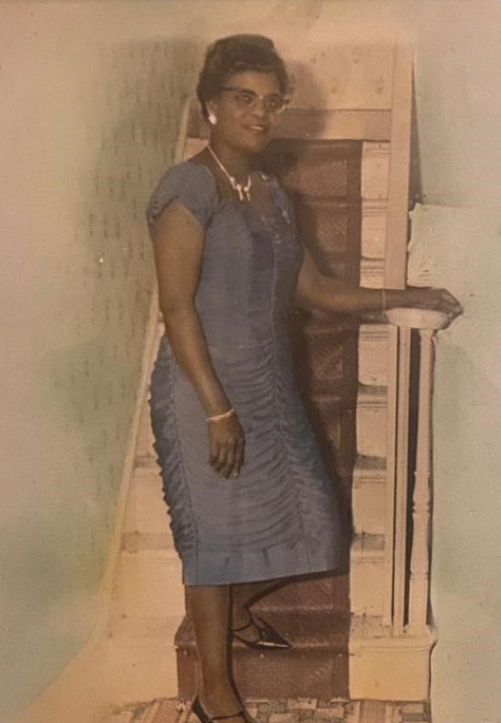
Trachoma
Trachoma is a disease of the eyes caused by infection with the bacterium Chlamydia Trachomatis. It is a public health problem in 42 countries and is responsible for the blindness or visual impairment of about 1.9 million people. Blindness form trachoma is irreversible.
The Gambia has become the second country in sub-Saharan Africa to eliminate trachoma, ensuring that millions of people will no longer have their sight threatened by this potentially blinding disease. In April 2021 the World Health Organisation (WHO) confirmed that the country has eliminated trachoma as a public health problem. The disease has already been eliminated in Ghana as validated by WHO in June 2018.
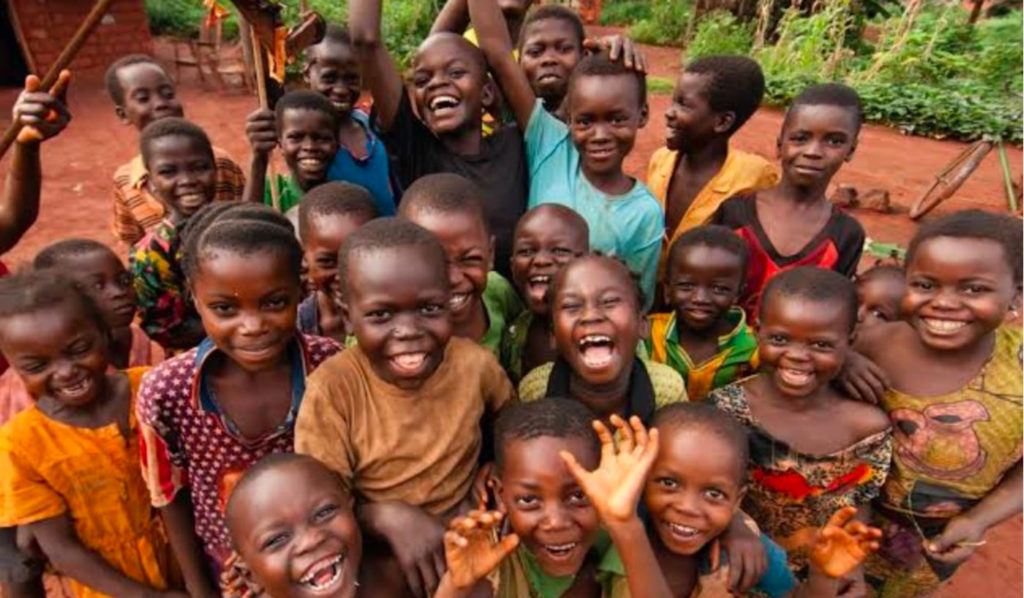
Eyes That See
Trachoma is a disease that steals the eyes of those who see. In a year or two, maybe three
What will it be
If we decide to give?
A life that’s blessed
Just like the rest
To see nature in all its glory
An array of colours, a splendid unfolding story
Life is for living, it’s to be LIVED
So please help others
The desperate mothers
Who may have a child living the trauma of trachoma. This trauma culture
Is like a ravenous vulture
That aims for the eyes
As though seeking the ultimate prize—
The child whose sight is pure and clear
Who sees the world without fear.
Their future can be as bright as the stars
If but for one moment we stop…and think…
That child could be ours!!
– Freda
From our Staff
Mugisha: “I think Black history is fantastic, however I think Black History Month should be challenged. Why are we only given a month – it’s insulting really! Our history is treated as though it is something to be looked away from for the rest of the year. We have been a part of history for centuries. We must be treated on the same level. Our history is one of the oldest known civilisations i.e. Egypt and the Pyramids in Nubia and beyond.”
Tinu: “As another Black History Month draws near to an end, and despite the political distractions that threaten to drown our voice, black people stand strong and unite. Africans, Afro-Caribbeans, all black people in the UK working in all sectors; students and progressive leaders, to denounce racism in all its forms. WE DON’T WANT TO CELEBRATE WHO WE ARE AND OUR SUCCESSES IN JUST ONE MONTH. OUR HISTORY CANNOT BE CAPTURED OR MEASURED IN A MONTH... WE ARE THE HISTORY.”
Last word from Skyy, a family member of Freda’s: I am the trunk of the apple tree The part nobody cares to be Sometimes it feels like it’s just me and me I carry the gorgeous apples in their glory as They soak in the sun and are loved, But there is no love for the apple trunk As it’s only brown and that’s all it will ever be. Because the difference between The trunk of the apple tree And the apples that grow is The apples don’t have to try Because the apples are loved. They are everywhere— In your pie, juice and tea; On your TV screens And magazines... But where are the trunks? They are in small places Like tables and chairs But they are there. So, if you are a trunk and you’re afraid of not being seen, Remember There could not be any apples if there weren’t any apple trees. -Skyy, aged 13
Guest Comment
Cath:
“As a reader of the newsletter who is not of colour, Freda has asked me to contribute to this week’s edition by sharing with everyone what I have learned from the Black History Month series. Learning is all too often associated with hard facts and figures yet, whilst week two of this series provided information about achievements in Jamaica, Nigeria, Ghana and Uganda, what I am taking away from the newsletters is much more about emotion and feelings.
“Yes, I knew people had come to the UK from the Caribbean to help reconstruct the British economy. Had I ever thought about what that had meant on a human level? Not really if I’m truly honest – it was simply a fact I knew. Reading the poem ‘Called But Not Seen’ was an emotional experience; it’s not often I shed a tear when reading. It’s sad to think people gave up so much and have never been appreciated for it.
“‘Love the Hair You Wear’ was another great read. This was a poem that made me smile. I often notice, and compliment, the hairstyles of black colleagues. And I’ve long hated school rules banning particular hairstyles – I’ve never understood how this can be considered necessary or fair. Reading this issue improved my understanding of the importance of hair in African communities. Who knew that hair had so much history – I hadn’t appreciated this.
“This Black History Month, I’ve improved my understanding of the perspectives of others. My hope is that I can build on this, making positive changes to support the black community and continue contributing to eliminating inequality and discrimination.”
A message from the CEO: As we were reminded in week one of the Black History Month series of newsletters, Black History Month is for action rather than words – but I hope you’ll indulge me by allowing me a few words to conclude this newsletter series. When Freda first stepped forward and asked whether black staff and tenants could take over the newsletter for Black History Month, I thought it was a great suggestion. I was delighted. But I was also full of admiration for the courage it took to ask what is seemingly a simple question. This had never been done at Hill Homes and Freda had no idea of the reaction she would get. I hope, four weeks later, Freda is as pleased as I am that she asked. We have had a wonderful series of newsletters: educational, inspirational and emotional. I have always been very proud of the staff at Hill Homes – even more so now. What a talented bunch they are. It’s been a pleasure to read the positive feedback emails I’ve received, all of which have been shared with the contributors – after all it’s not me that’s created the content: “What a truly brilliant, honest , moving poem summarising the story of so many people, who have given their lives for us and yet, too often, are not shown any/enough appreciation.” “Called but not seen – has made me quite emotional” “There was clearly a lot of effort that went into the newsletters all along, and they were a fun and diverse collection of pieces (I never knew if I would smile or think) but these have been really interesting :)” “The poetry of 'Called But Not Seen' is very moving, some of the lines made me laugh, others made me sad at the injustice. Totally like the photos - real people living real lives. I’m looking forward to the next edition” Thank you to everyone who contributed to this series of newsletters. I hope they have inspired everyone who read them. If we all respect and value each other and try to understand different perspectives and views, together we can make the world a better place. If you have an idea or suggestion for future newsletter editions, please get in touch. We’d love to hear from you.



